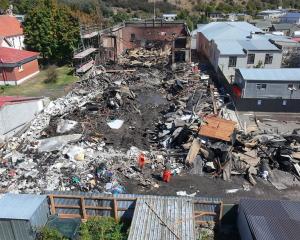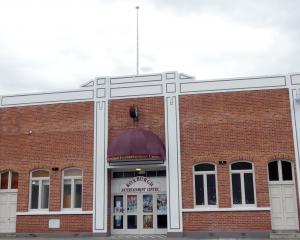
The Manuherekia Reference Group, which used the Maori spelling of the river, would include representatives of water user groups, irrigation groups, the Department of Conservation, Otago Fish and Game and "community and interest representatives", Mr Woodhead said.
The group, which would probably have its first meeting this month, was one of three inter-related mechanisms for the Manuherikia catchment, Mr Woodhead said.
The others are a technical advisory group, designed to pool the scientific understanding of the catchment's freshwater resources and up and running now; and broader community engagements over the next 12 months, which will probably begin in September.
Mr Woodhead said the uncertainty and stress that arose from regulatory processes was amplified in the Manuherikia Valley due to the need for new water consents to be gained by 2021.
"As is always the case in these processes, people and groups within communities have differing perspectives and achieving a shared position can be difficult. Having said that, ORC must progress quickly on drafting the plans for the catchments, with a view to notifying between March and October of 2020."
Manuherikia River Ltd acting chairman Gary Kelliher said last month uncertainty over Central Otago water issues was one of the reasons the proposed $60million-$70million Falls Dam project had been put on hold.
Mr Kelliher said the blame sat "squarely" with the regional council, and irrigators were frustrated by the delays.
Mr Woodhead said the regional council understood the Falls Dam issue was a "compounding issue" for irrigators.
"Any rebuild of the dam will ... have to take account of regulatory limits defined in part by minimum flows. This is because there needs to be clarity in how much water is retained for the environmental flows, and how much is available for abstractors. Further, the ability to finance a dam rebuild will likely be easier and more efficient if there is a secure regulatory framework within which the project can be consented."
Mr Woodhead said the regional council's preference was "for all parties to look forwards, not backwards, criticising the actions and mistakes of other parties real and/or perceived, as that will likely be wasted energy".











